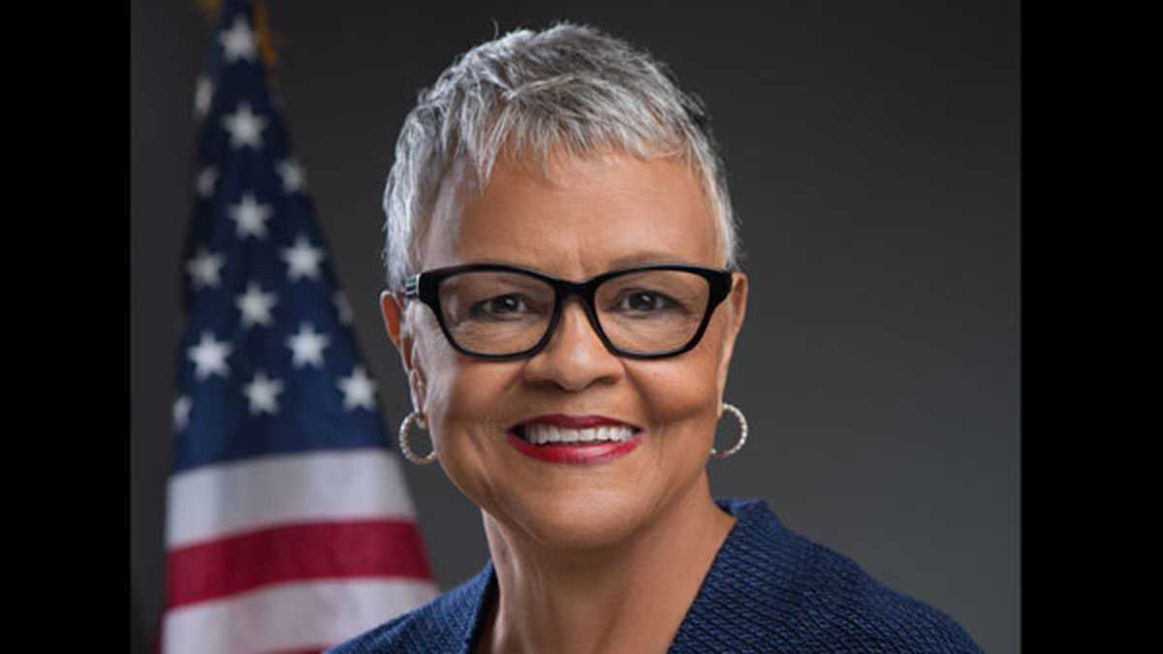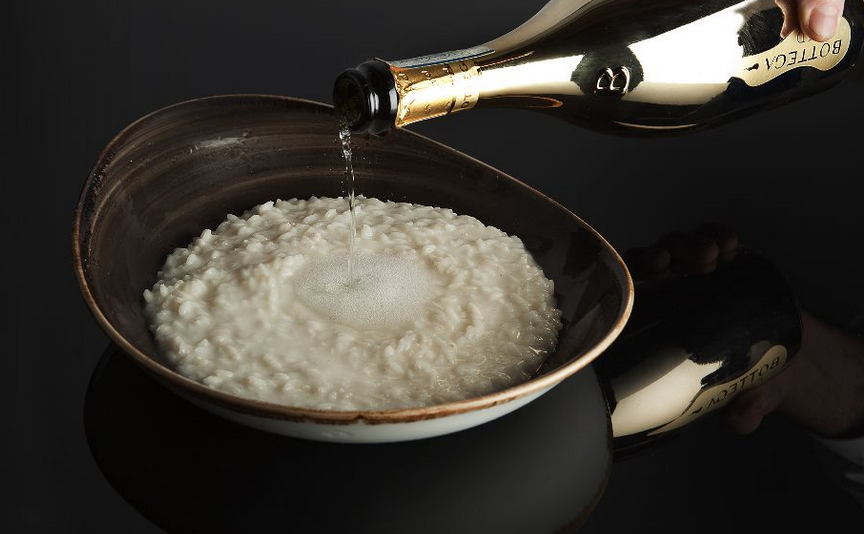The United States House of Representatives passed the CROWN Act, which would ban hair-related discrimination on March 18th 2022. Measure H.R. 2116 passed 235-189 in a vote along party lines - which was introduced by Rep. Bonnie Watson Coleman, Democrat – New Jersey.
“CROWN” stands for Creating a Respectful and Open World for Natural Hair, and the act prohibits “discrimination based on an individual’s texture or style of hair.” The bill now heads to the U.S. Senate for consideration, debate and a vote.
The legislation states that “routinely, people of African descent are deprived of educational and employment opportunities” for wearing their hair in natural or protective hairstyles such as locks, cornrows, twists, braids, Bantu knots, or Afros.
“Here we are today, standing on behalf of those individuals — whether my colleagues on the other side recognize it or not — who are discriminated against as children in school, as adults who are trying to get jobs, individuals who are trying to get housing, individuals who simply want access to public accommodations and to be beneficiaries of federally funded programs,” Watson Coleman said in remarks on the House floor.
This demonstrates the bill’s necessity, she said, because there are people in positions of authority “who think because your hair is kinky, it is braided, it is in knots or it is not straight and blonde and light brown, that you somehow are not worthy of access to those issues.”
“Well,” she added, “that’s discrimination.”
“There’s no logical reason that anyone should be discriminated against on any level because of the texture of their hair or the style of their hair,” Watson Coleman said.
Without naming him, she referred to Andrew Johnson, a Black varsity high school wrestler in New Jersey with dreadlocks who was forced in 2018 to make a choice: cut his hair or forfeit his match.
“This bill is vitally important,” she said. “It’s important to the young girls and the young boys who have to cut their hair in the middle of a wrestling match in front of everyone because some white referee says that your hair is inappropriate to engage in your match.”
In a Twitter post, Coleman recalled that on the last day of Black History Month, 188 House Republicans temporarily obstructed passage of the CROWN ACT.
"Despite what my GOP colleagues may tell you, this bill is too important to give up on," she added. "That's why today, I brought it to the floor again."
Coleman also elaborated in a statement saying, "Natural Black hair is often deemed 'unprofessional' simply because it does not conform to white beauty standards. Discrimination against Black hair is discrimination against Black people. I'm proud to have played a part to ensure that we end discrimination against people for how their hair grows out of their head."
As many supporters and sponsors of the potential federal law continue to carry enthusiasm, several have also spoken out applauding the recent House passage.
"Every day in this country, Black women and girls face discrimination because of their natural hair at their workplaces and schools," said Congressional Black Caucus Chairwoman Joyce Beatty in a statement. "So today, I proudly voted yes on the #CROWNAct to finally end race-based hair discrimination once and for all."
She continued, "It's simple — discrimination against Black hair is discrimination based on race. I look forward to swift passage of this critical legislation in the Senate and to standing with President Biden as he signs it into law. To every young Black girl and boy, I say to you, your hair — from your kinks to your curls, from your fros to your fades, from your locs to your braids — is a crown. Be proud of your hair and know the Congressional Black Caucus is fighting for you."
President Joe Biden's Administration has already shown support for the legislation as well by sharing in a statement that the "administration looks forward to working with the Congress to enact this legislation and ensure that it is effectively implemented."
Following California's official ban in 2019, the CROWN Act has also seen legislative wins in 13 additional states including New Jersey, Virginia, Colorado as well as in 34 municipalities.
By: Delroy Constantine-Simms and Maureen Drackett-Fuller











